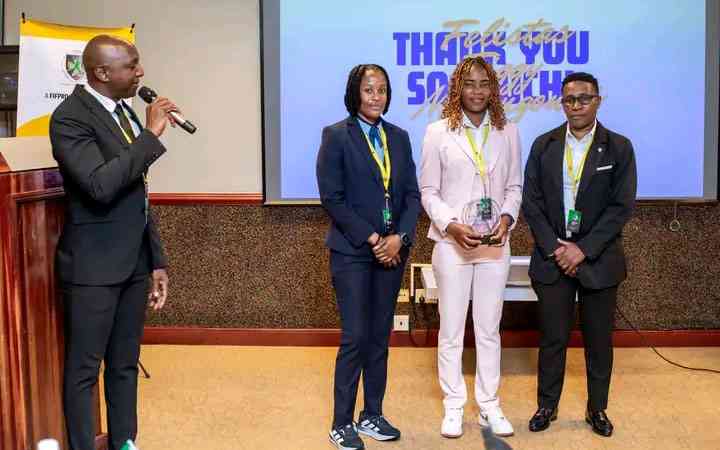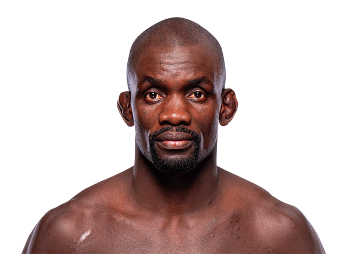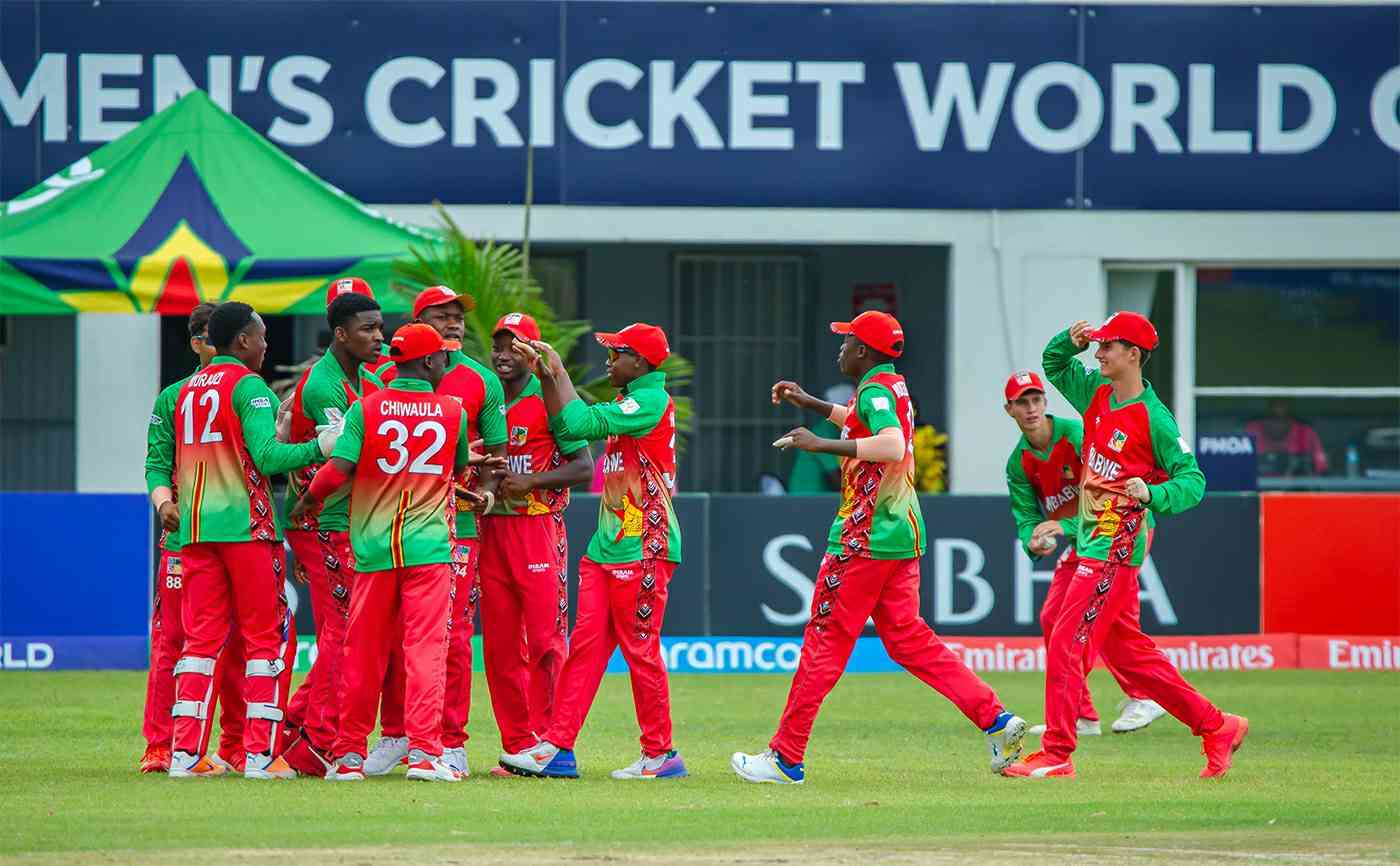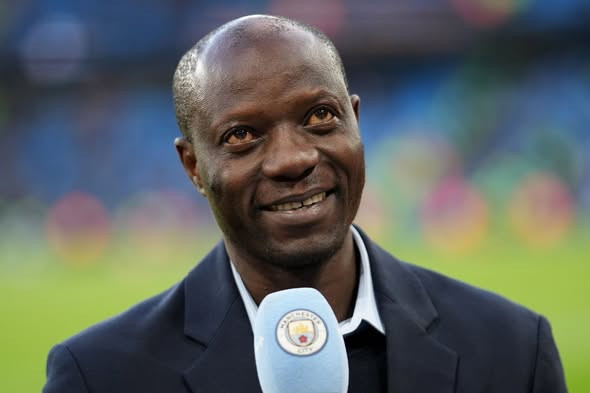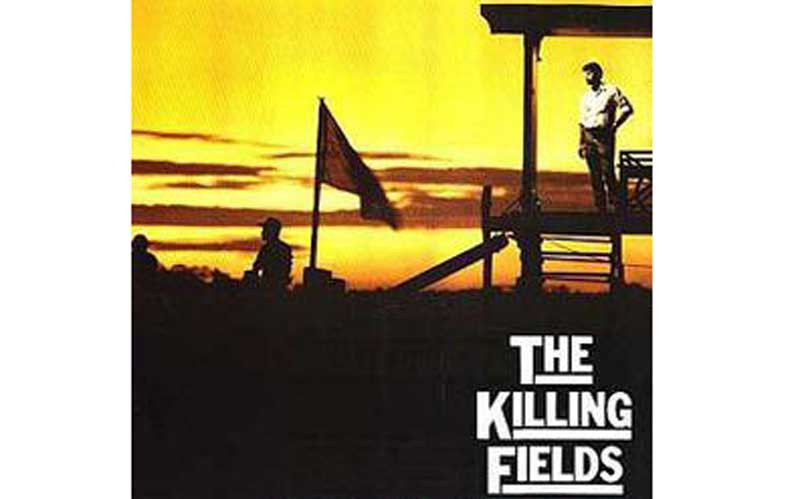
‘THE Killing Fields’ was a powerful film about the Khmer Rouge regime under Pol Pot in Cambodia, following two journalists who exposed the fact that thousands upon thousands of innocent people were brutally executed and dumped in mass graves, all for a few people to gain power.
Of course, it is not exactly a new story; it is a story that has been repeated again and again throughout history, as individuals, countries go to war. It is also interesting how it is often claimed that the Battle of Waterloo was won on the playing fields of one of Britain’s most well-known independent schools, Eton. Yet perhaps it is a truism that those very same playing fields are also killing fields.
It is common knowledge that the world of professional sport has seen underhand activities employed for years, all in the pursuit of gold and victories, and even power, yet all with the effect of killing sport. The use of drugs has been a major threat with cycling and athletics being at the heart of it. For years people tried to prove the extent of the use of drugs in the Tour de France, with denials, threats of lawsuits and bullying tactics all in play.
It led one cycling journalist, Philippe Bouvet to declare in a book by David Walsh entitled ‘Seven Deadly Sins: My Pursuit of Lance Armstrong’ that “There is a new kind of cycling. You see things you don’t understand. Doping is an old story in cycling but over the past few years the manipulation of rider’s blood has changed the nature of competition. What we are getting is a caricature of competition. It is killing the sport. I can still write about cycling but not in the same way, not with the old passion. Cycling has to change.”
In most countries, blood sports are banned for they are seen to be cruel, savage, bloody, excessive, involving the hunting, wounding and killing of animals. It has often been noted that there is a close similarity between blood sports and war in these actions yet we would do well to see that there is fast becoming a parallel between blood sports and sport, even school sport. We are killing sport; indeed we are culling it, not least by the amount of underhand, unscrupulous, unnecessary, dishonest skull-duggery that lurks around it.
That is serious stuff and it is very necessary for us to take it seriously, even when it comes to school sport. We too, as coaches and parents, are in danger of killing our school sport in a number of different ways. We are killing sport with all the time wasting that we see when a team is leading; we see it in the injury feigning, with the intention to try to gain a penalty; in the constant referee appealing, even when it is obvious; in the coach interfering, both with the play and the officiating; in the age cheating; in the player buying; in the goal celebrating; in the decision complaining; in the substance abusing; in the crowd baying; in the war crying. We are sucking the life out of the sport and draining all significance and meaning from it.
More than that, though, we are killing sport by killing the talent. Coaches, and indeed parents, are pushing children too fast too soon; they are demanding far too much of children at a young age and as a result they are killing not simply the sport but also killing the children’s love of sport.
Of course, we think we are “killing it” in the sense that we are doing sport brilliantly at school; we point to the results and the number of our players selected for provincial and national teams.
Yet we are killing it in the sense that we are not sticking to, or teaching values that are at the heart of a child’s education. By not showing values, we are encouraging our children to cheat, to lie, to bully, which they will then take into their adult life. Doping is duping. We are dopey if we do doping and we are only duping ourselves if we think otherwise or if we think we are helping the children in our care. Doping is more than simply drugs; it is a mental exercise. And it is dangerous.
Something has to change; school sport has to change. In a similar manner to Phillipe Bouvet quoted above, this writer no longer has the same passion for school sport as it has indeed become a caricature. David Walsh in his book claims that the Tour de France had become “counterfeit” competition. Indeed, competition had become corruption. We must not let school sport reach that stage. David Walsh also says, “I don’t care who wins the race. What I care about is clean sport”. That should be the case for all of us. Our playing fields must not become killing fields.
Tim Middleton is a former international hockey player and headmaster, currently serving as the Executive Director of the Association of Trust Schools Email: [email protected]

